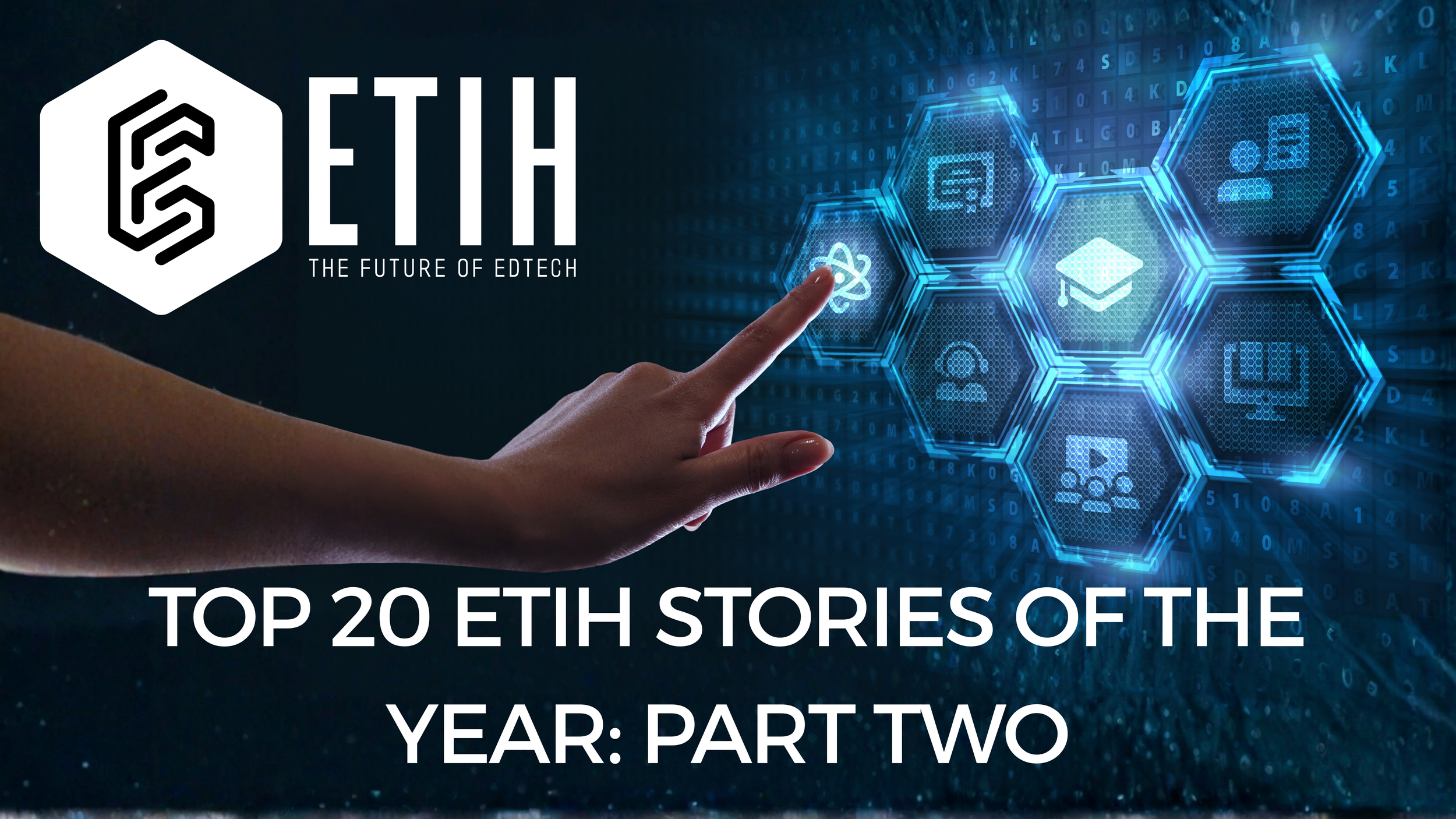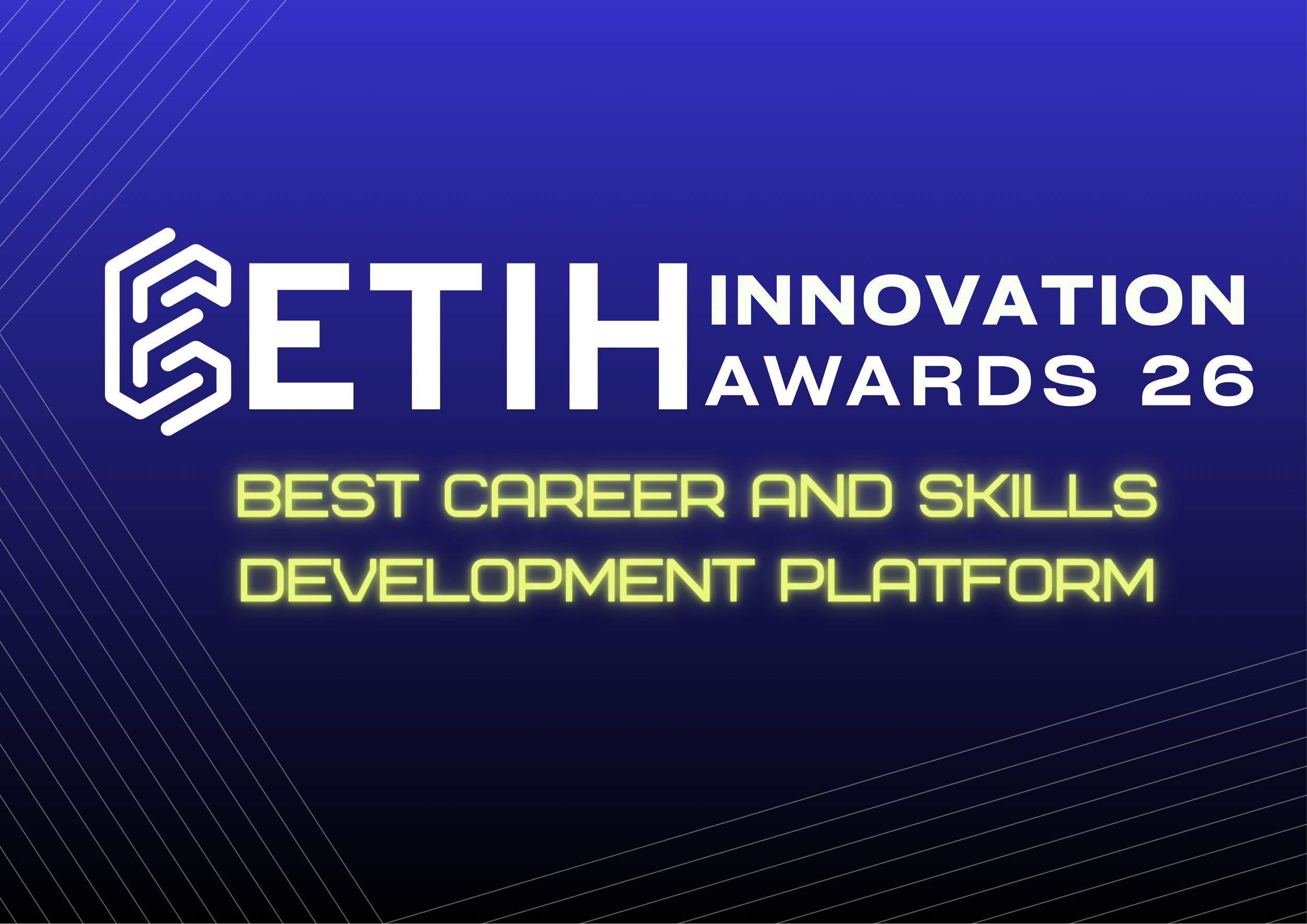Nevada's AI-Driven K-12 Funding: Innovative or Risky?
Nevada has implemented artificial intelligence (AI) to enhance the allocation of K-12 educational funds, specifically targeting students at risk of not graduating on time. This initiative examines AI's potential to simplify the traditionally complex task of determining school funding needs. The approach focuses on students who require additional support beyond the provisions for English learners or students with disabilities.
Since last year, education officials in Nevada have been focusing on refining the method used to calculate the additional funding required for students who, while not classified as non-English learners or having disabilities, still necessitate extra state funding beyond the standard per-pupil aid.
The state's education officials have transitioned from using free and reduced-price lunch eligibility as a measure for additional funding to a new metric provided by Infinite Campus, known as the "grad score." This score predicts the likelihood of a student graduating on time based on machine learning analysis of various data points, including academic performance, attendance, and behaviour.
Based on this data, the platform generates a graduation likelihood score for each student, ranging from 50 to 150.
Students achieving a score of 72 or lower are designated to receive additional funding from the state aimed at providing targeted support. Districts receive additional funding for students identified as "high" or "medium" risk, while "low-risk" students do not qualify for extra funding beyond the base per-pupil aid, currently $7,073.
Every district in Nevada, which uses the Infinite Campus platform, assesses students' grad scores annually.
The shift to this AI-driven model has prompted diverse reactions, reflecting uncertainties about its workings and its effectiveness compared to previous methods. School funding objectives vary, encompassing equal access to educational resources, support for districts with limited local tax revenue, and efforts to close achievement gaps.
The grad score's accuracy hinges on the completeness of the data entered into the Infinite Campus platform. Inadequate data can affect the system's ability to determine funding needs accurately, particularly for students newly entering Nevada's educational system or those from other states not using Infinite Campus.
Some educators have noted discrepancies in the number of students qualifying for at-risk funding under the new system compared to expectations, raising concerns about schools' ability to finance necessary student support services.
As AI becomes more integrated into school funding processes, the potential for replicating human biases and errors in algorithms is a concern. The company's data science team estimates its accuracy is approximately 95 percent. The long-term success of the initiative remains to be seen.









